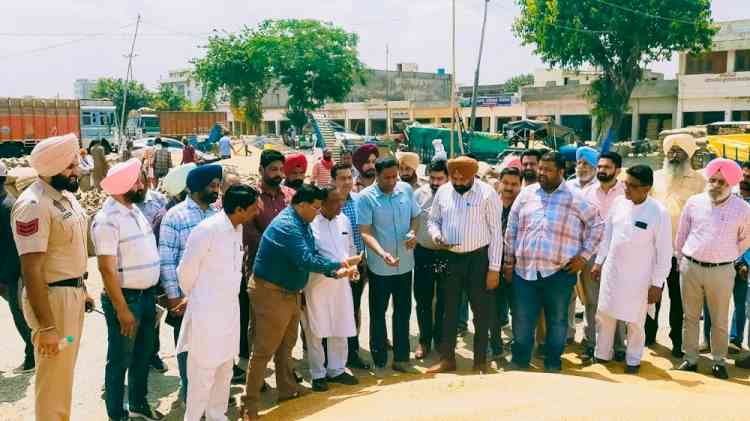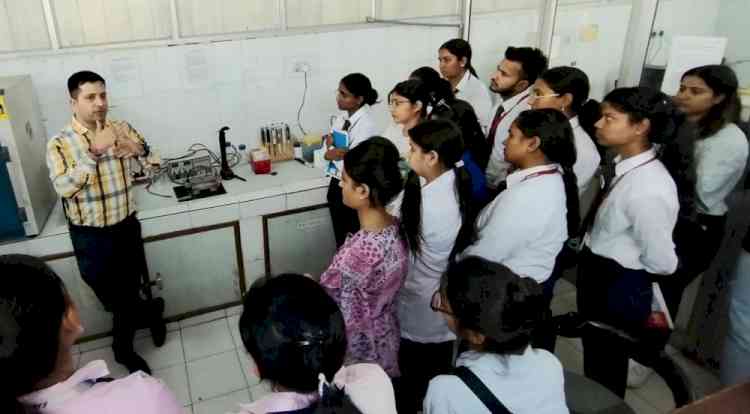Regulatory measures to lead to orderly growth of ARCs - India Ratings
Author(s): City Air NewsMumbai, August 13, 2014: India Ratings & Research (Ind-Ra) believes that the Reserve Bank of India’s (RBI) directive for Asset Reconstruction Companies (ARCs) to increase their investment in security receipts (SR)...

Mumbai, August 13, 2014: India Ratings & Research (Ind-Ra) believes that the Reserve Bank of India’s (RBI) directive for Asset Reconstruction Companies (ARCs) to increase their investment in security receipts (SR) to 15% from the existing 5% will lead to greater alignment of interest between ARCs and other investors. Ind-Ra further believes that this will lead to orderly development of the ARC sector.
“As an outcome of the greater investment by ARCs, they would negotiate for lower price for acquiring bad debt. As a result the average pricing of approximately 60% for debt acquired from 2012 to 2014 may need to come down by 50%”, says Sandeep Singh, Senior Director, Structured Finance at India Ratings & Research.
The agency feels that the ARCs have on an average redeemed 68% of the SRs issued from 2006 to 2010 in spite of a challenging regime for resolution of assets. However, given the slow pace of judicial resolutions the ability of ARC Trusts to extend their life by another three years beyond the original five years has helped ARCs extract better recoveries. Close to 65% of Trusts closer to their five year tenure in Ind-Ra’s rated portfolio have had to seek approval from the ARCs’ Board for extension of maturity.
“SRs backed by retail NPLs performed very well and recorded recoveries of 123% of SRs issued, while SRs backed by SME loans came in second with an 85% recovery of SRs issued (during 2006-2010) however large corporate NPLs lagged with realised recoveries at 60% of the SRs issued” says Mithilendu Jha, Associate Director, Structured Finance at India Ratings & Research. Ind-Ra hopes that the recent efforts by the Reserve Bank of India towards early identification and resolution of bad debts through the Joint-Lender-Forum, along with incentives and penalties will lead to better performance of corporate NPLs in the future.
The agency is of the view that a significant improvement in the insolvency regime is fundamental to the health of the ARCs. This would require the Ministry of Finance to intervene and set up more debt recovery tribunals (DRTs), with sufficient manpower to handle the number of cases getting referred to the DRTs and also make regulations for the transfer of cases to other DRTs in the absence of officers at local DRTs. The recent amendments to the SARFAESI Act are expected to empower lenders. However, the practical utility of amendments to the Act remains to be seen. ARCs have largely resorted to out-of-court settlements in order to reach faster resolution keeping in mind the costs associated with long-drawn-out judicial processes.
This report is based on the agency’s experience of rating SRs across a number of ARCs on the ‘recovery rating’ scale. Ind-Ra’s SR portfolio comprises of over 225 transactions aggregating nearly INR170bn in terms of principal outstanding of debt acquired as on end-June 2014. The recovery ratings(RRs) assigned by Ind-Ra have broadly been stable with the total of realised recovery and expected future recovery in 60% of the cases being in line with Ind-Ra’s initial expectations.
(Source: Manager - Corporate Communications and Investor Relations, India Ratings & Research-A Fitch Group Company.)

 cityairnews
cityairnews 
















